Home » Recycling and Circular Economy » Chemical Recycling
We develop sustainable and efficient alternatives for the use of pre-consumer and post-consumer waste to provide added value and competitiveness to our customers’ processes. We develop processes for the chemical recycling of plastics and to obtain compounds of industrial interest, such as monomers, oils, hydrocarbons, etc. We develop the plastic2plastic, plastic2oils and plastic2others processes. We have closed tank reaction systems as well as several pilot plants to scale up thermochemical processes, with various reaction capacities up to 150 litres.
The pilot plants are based on different technologies that enable us to analyse the performance of plastics, biomass and complex waste in solvolysis (glycolysis, acid or basic hydrolysis, aminolysis, etc.), pyrolysis and gasification processes. We seek to optimise reaction conditions and process variables, evaluate the efficiency of innovative catalysts and scale-up processes. We are also working on the characterisation and development of refuse derived fuels (RDF). We work on hydrometallurgical processes for the recovery of strategic substances present in waste, such as electric car batteries, photovoltaic panels or waste electrical and electronic equipment (WEEE), following the urban mining concept.

Operating temperature up to 300ºC, coupled vacuum pump, exterior heating jacket, distillation system for solvent recovery, pneumatic solids feeding system, auxiliary tank for post-treatmentoperations. Study of different raw materials and catalysts, optimisation of process variables, scaling of solvolysis processes (glycolysis, hydrolysis, etc.).

Biomass, plastic and waste performance in pyrolysis processes. Study and optimisation of operating conditions: temperature, particle size, agitation speed, study of catalysts, oxidative pyrolysis, etc.

Dimensions: length 4 m, height 2.8 m, depth 1.5 m, storage tanks, three-phase centrifuge: S-L-L separation, washer-decanter with agitation, two-phase centrifuge: L-L separation, evaporator-strainer with exterior jacket, automated control panel.

Up to 700º C and 320 bar. Biomass, plastic and waste performance in solvolysis and pyrolysis processes, study and optimisation of operating conditions: T, P, sizes, agitation, catalyst, etc.

El objetivo es integrar la circularidad de los residuos textiles a escala transfronteriza, aprovechando las complementariedades tecnológicas y de conocimientos técnicos del territorio POCTEFA.
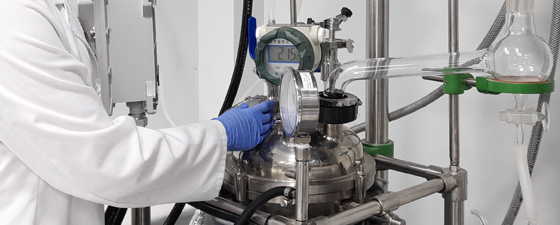
The objective is to complete industrial research in order to develop chemical recycling technologies by solvolysis and selective dissolution that treat complex plastic waste, such as multilayer plastics, textiles mixed with natural and synthetic fibres or composites reinforced with glass or carbon fibres, to obtain value-added products, such as plastics, monomers or fibres.
Leader: GAIKER
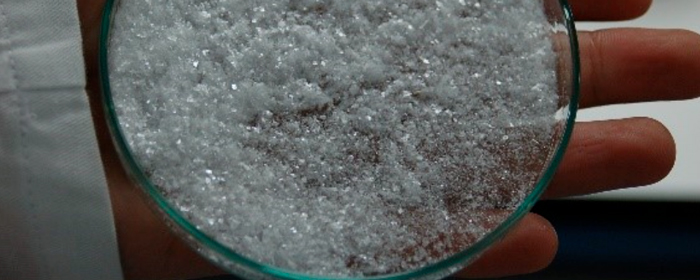
Developing knowledge and technology that will enable the industrial fabric to make sustainable use of plastic waste, thereby closing the life cycle of these resources. Research is ongoing on obtaining raw materials for industry using chemical (solvolysis) and thermochemical (pyrolysis and gasification) processes capable of converting plastic waste into substances that enable new plastics to be obtained.
Subsidised by the Basque Government
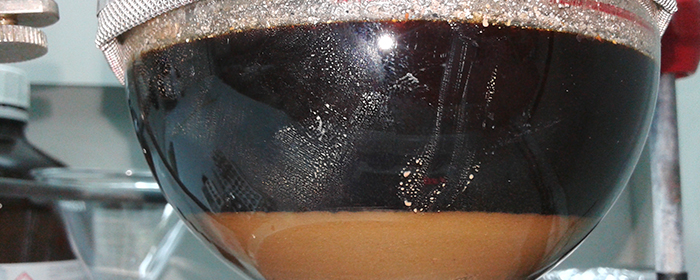
Obtaining raw materials via the catalytic glycolysis of pre- and post-consumer PU waste and validating their application. Developing a technically, economically and environmentally viable end-of-life alternative to landfill for PU, thereby bringing new sustainable products into the value chain.

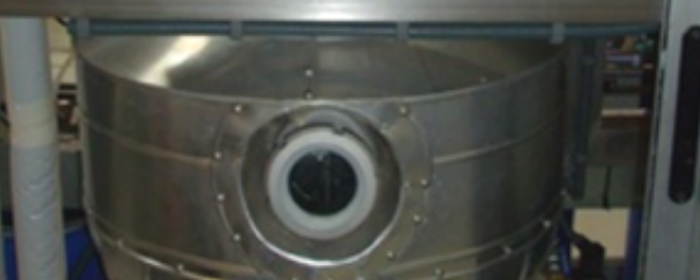
Project aimed at developing and optimising a process for the chemical recycling of PET containers by means of catalytic glycolysis to obtain a purified monomer suitable for the food industry, firstly in the laboratory and then scaled up to a pilot plant.
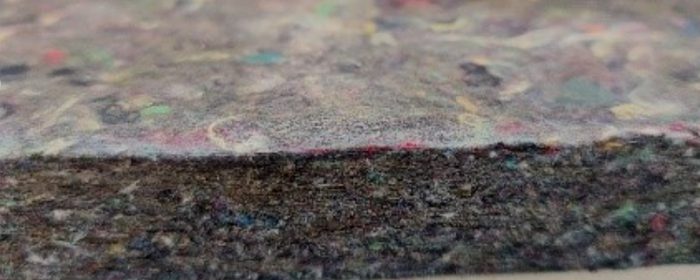
After a sorting process to separate reusable from non-reusable textiles, the latter are recycled as new clothing or as thermal and acoustic insulation in buildings.
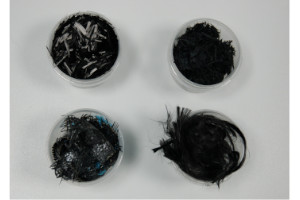
GAIKER is involved in developing the solvolysis chemical recycling process and scaling it up, and in constructing parts made of carbon fibre from recycled material or from reusing uncured pre-impregnated offcuts by moulding them.
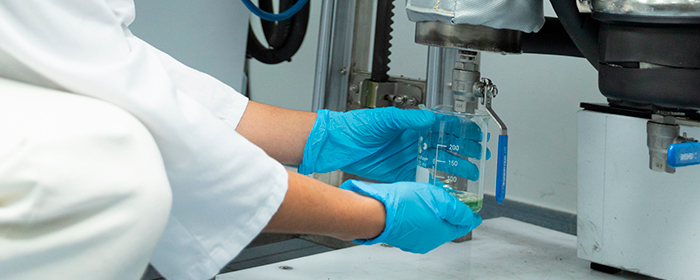
Development of cost-effective, sustainable chemical recycling alternatives with scalable potential, eco-design of alternative synthesis strategies to produce polymers that can be recycled and reused, evaluation of upcycling and development of predictive models.

Recycling and Circular Economy Market Manager